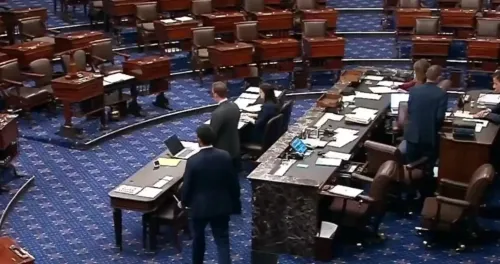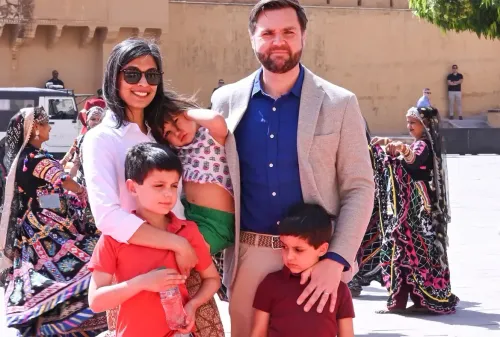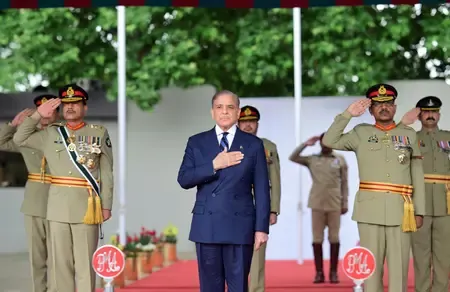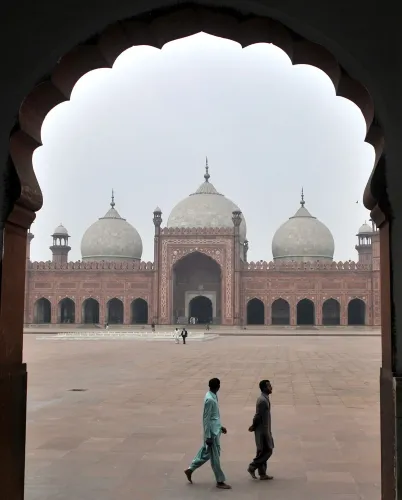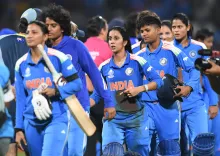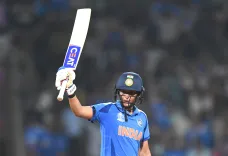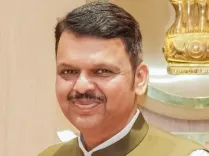Can Bangladesh's Interim Government Overcome Election Challenges?
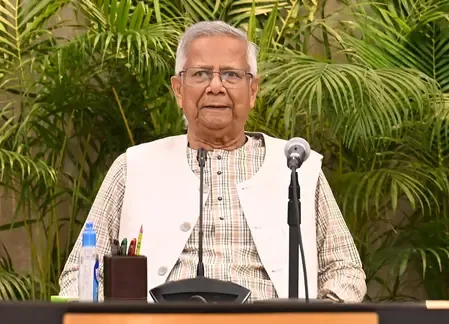
Synopsis
Key Takeaways
- Less than three months until national elections in Bangladesh.
- Concerns over a free and fair electoral process persist.
- Political parties, including Awami League, may boycott if restrictions are imposed.
- The July National Charter was created to address governance issues.
- Significant administrative challenges could impact election integrity.
New Delhi, Oct 30 (NationPress) With less than three months remaining until the national election promised by the interim government led by Muhammad Yunus, uncertainties loom large regarding the feasibility of conducting a free and fair democratic process in the current scenario.
The elections could take place under a restriction against political entities such as the Awami League, a situation that party leader and former Prime Minister Sheikh Hasina has responded to by calling for a mass boycott of the elections.
Other political parties and their supporters have also indicated they may initiate a boycott if any of their leaders are denied participation.
Ironically, the current regime has accused the Hasina-led government of oppression and of preventing the Opposition from engaging in the electoral process.
Moreover, there exists a constitutional and legal ambiguity concerning the electoral framework, specifically concerning who oversees the elections and under which mandate, which has resulted in competing legal interpretations and court actions.
In reaction to the calls for constitutional, electoral, and administrative reforms following the student protests in July 2024, the “July National Charter” was developed.
This document emerged through consensus among around 30 political parties and the interim government, aiming to tackle governance and democratic issues in Bangladesh.
Recently, Jamaat-e-Islami announced that according to the July National Charter, a referendum must be conducted by November; failure to do so before the national elections would jeopardize the entire electoral process, as reported by the Daily Ittefaq.
In an editorial, Prothom Alo stated that while there is consensus among political parties regarding the referendum process, clarity is essential on how the Charter will be executed and what the referendum question will entail, where individuals will vote either “yes” or “no.”
The publication argued that a respondent would need to either agree with all 48 questions or reject them entirely, suggesting that this consideration was not adequately addressed in framing the referendum question.
Thus, it would have made more sense for the next Parliament to hold the power to amend the Constitution based on the July Charter through a referendum.
Meanwhile, the interim government’s proposed reforms, along with the potential for a referendum and differing opinions on implementing the July Charter recommendations, have diverted attention from an agreed-upon, time-sensitive electoral roadmap.
Reports indicate that administrative and institutional challenges, disputes regarding the Election Commission's independence and capabilities, as well as the limited time available for processing voter registrations and ensuring the rights of overseas voters, could pose significant hurdles.
Parties such as Amar Bangladesh have questioned the impartiality of the interim government, expressing skepticism about its ability to conduct fair elections.
Prothom Alo also noted that while the Bangladesh Nationalist Party (BNP), led by Khaleda Zia, has requested the interim government to operate as a caretaker body, Jamaat claimed that 70 to 80 percent of those in the administration and police are affiliated with the BNP.
Simultaneously, the National Citizen Party (NCP), formed approximately seven months post the July protests, has advocated for the removal of all advisors from groups or parties within the advisory council, as reported by the newspaper.
There are also several differences in positions between the NCP and Jamaat on various issues.
The Gono Odhikar Parishad (GOP), another political entity that emerged following the July movement, has accused the BNP, Jamaat, and NCP of fracturing the current administration for their gain.
Amidst various contradictions and uncertainties, the interim government seems to be struggling with the challenge of conducting the promised national election.

